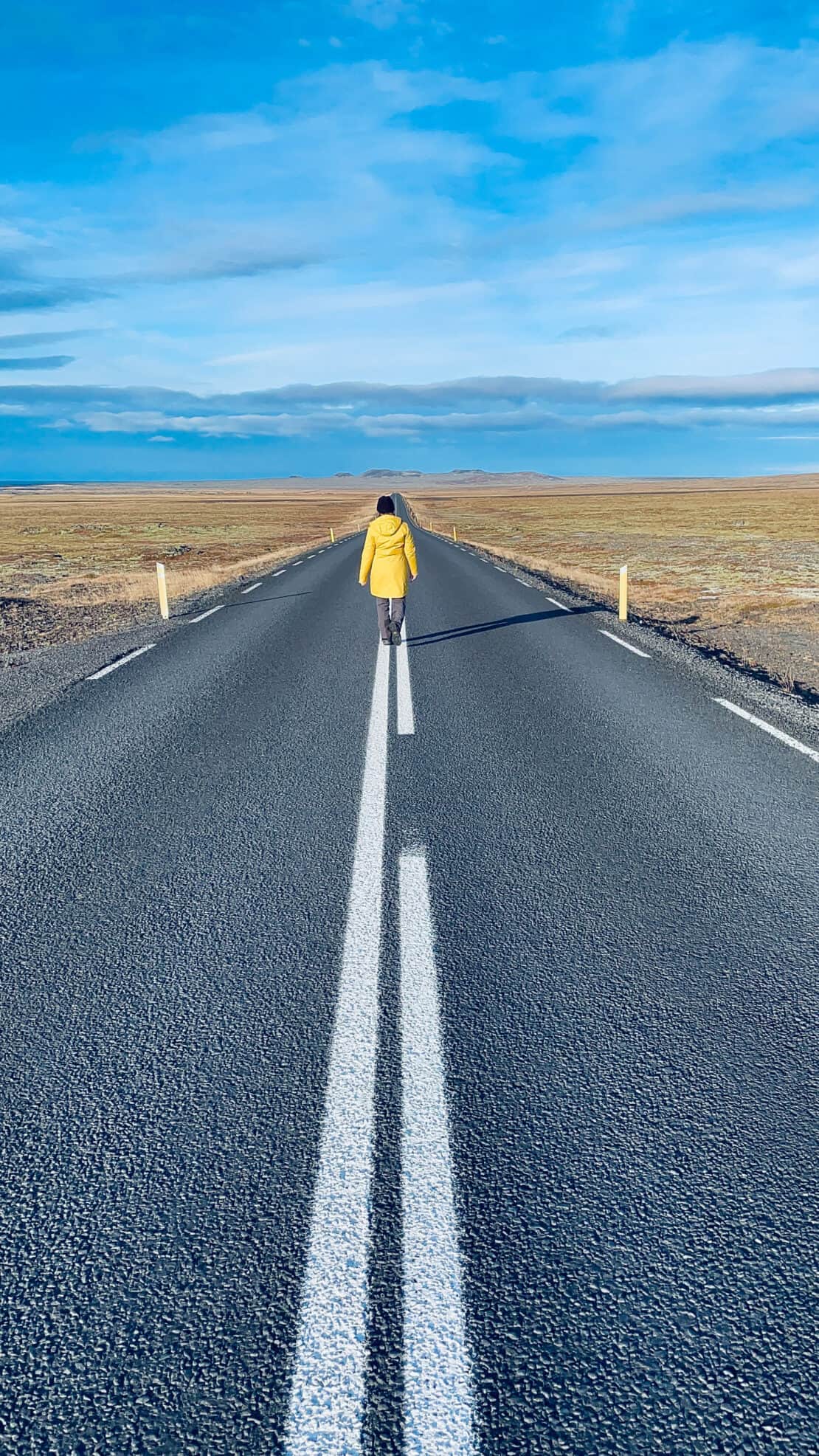Every January sees the web fill with articles on the best places to visit in any coming year. But does any of it make any sense?
Looking forward, looking back
As I’m sure we all remember from school, Janus, and so January, has two faces. One looking forward and one looking back.
Working as a travel writer, I’ve spent a lot of time doing both lately, in particular while putting together lists about the best places to visit in 2024.
What’s new, why now? I keep trying to ask myself. And it’s a question that sometimes frustrates me. Because most places that are worth visiting are worth visiting year after year.
Apart from war, famine, and other unexpected disasters, it’s always good to explore the world. Or, to borrow the words of Audrey Hepburn, Paris is always a good idea.

Do anniversaries matter?
Some hooks or anniversaries are tenuous (is any year really the year for green?) others are more striking (80 years since D Day.) And still others are positively reasons to stay away (any large sports tournament, to be honest, when it comes to crowds and prices. I know, I am a barbarian.)
In the old days, I’d ponder this while floating in turquoise water or hiking through mountains. In this season of life, I’m grabbing a coffee (decaf, sugar free) in a café during my daughter’s tennis or dance class.
But the pondering works out the same.
It’s complicated, too, because my income now depends, if only in some small part, in embracing these lists enthusiastically despite my natural cynicism and stubbornness at following the crowd.
So, are these lists all a soulless, number crunching ploy to feed the machines?
Well, after enough dance classes, I think not. At least not entirely.
Here’s why I believe marking milestones does matter.

Why Marking Historical Milestones Matter
Understanding the past
Historical anniversaries provide an opportunity to reflect on our origins and understand the events and individuals who have shaped our world. By revisiting the past, we gain a deeper appreciation for the struggles, triumphs, and lessons that have paved the way for the present.
Does that have to happen on an anniversary? No, it does not. But an anniversary helps, in the same way that a birthday or Valentine’s Day is a subtle (or not so subtle) reminder to show someone you love them.
And I think it also helps to understand different generations. After all, what seemed like ancient history when I was growing up was the lived history of my grandparents. And now, young people are wondering what it was like to be alive when the Twin Towers were hit.
Preserving Cultural Heritage
To paraphrase again, what is society? What makes a community feel like one? One answer is the collective memory, that mosaic or tapestry of culture, traditions, and shared experiences. Marking historical anniversaries helps us preserve and honour those things. It allows us to recognize the contributions of different communities, fostering a sense of inclusivity and understanding among diverse groups.
It’s a big topic here in Wales, where the struggle to revive the Welsh language divides opinion. It’s a tough call to preserve the Welsh language; the number of speakers were decimated so thoroughly. Yet bit by bit, even to newcomers, there is a sense of identity in saying xx
Learning from Mistakes
As every primary school child knows, history is not just a collection of successes; it also encompasses failures and mistakes. By commemorating anniversaries of pivotal moments, we are prompted to reflect on the errors of the past and learn from them. That has benefits in two ways: for individuals to realise that mistakes happen and that recovery is possible. And, for society, the same.
Inspiring Change
Right after learning from our mistakes comes, we hope, inspiration to bring about change.
Marking anniversaries can inspire individuals and communities to work towards a better future. It encourages us to carry the torch of progress, promoting empathy, justice, and equality.
After all, we know that change is possible, even when it has taken thousands of years to get there. Celebrating one hundred years of votes for women, for example, gives hope and drives change when campaigning to end other forms of inequality.
You may feel frustrated that Martin Luther King Day spurs on an avalanche of social media quotes. But while there is so far still to go, change was possible. Change is possible.
Strengthening Collective Memory
Again, this idea spirals together with the idea of preserving cultural heritage. Except in an even more powerful way.
People are bound together by shared memories and experiences. Marking historical anniversaries helps to reinforce this collective memory, fostering a sense of unity and continuity. It reminds us that we are part of something greater than ourselves—a story that unfolds across time if you’re feeling fancy.
The Olympics work on this basis: an idea that all the world stops at one moment and turns its focus together.
Celebrating Achievement
From scientific breakthroughs to social movements, historical anniversaries provide a platform to celebrate achievements that have shaped the world. These celebrations serve as a source of inspiration, motivating us to strive for greatness in our own endeavours. Any excuse for a party, right?
Building Resilience
And then, in times of adversity, revisiting historical anniversaries can instil a sense of resilience. Knowing that people have faced and overcome challenges in the past can inspire hope and determination during difficult moments. (Covid lockdowns anyone?)
Not that it’s quite as bright and sunny as that all the time.
I would argue that marking too many historical milestones can foster a culture of hate and grind the idea of vengeance into the next generation. And that looking back at past difficulties can be used to make people currently struggling feel even worse (again, lockdowns.)

Milestones matter. But only to a point…
But then, whoever said that marking milestones was the only thing that mattered? They’re just one thing to guide our decisions, our everyday lives. They’re like points in the calendar like stars in the celestial sphere guiding sailors towards their destination.
So, if they help you to decide where to travel this year, then who am I to argue?
Check out the latest list I’ve been working on: The Best Places to Travel in 2024, by Bradt Guides.
And sign up to the newsletter to be the first to try my upcoming quiz to help you find the perfect travel destination for you.
